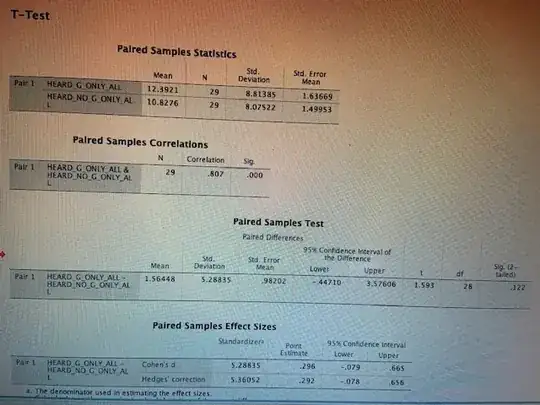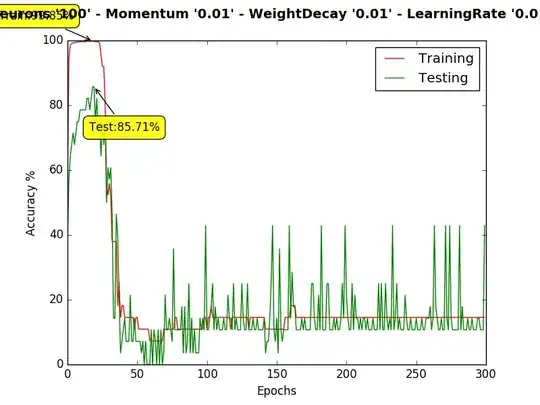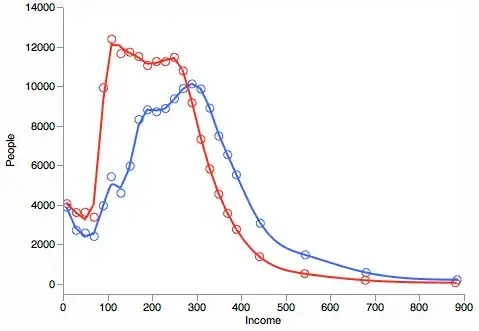So I ran three paired samples t-tests to see if people did a certain action more after hearing a target stimulus. my prediction is that they would do the action more. All tests were one-tailed as i was only looking at one direction: did it increase after x. n = 29 for each test.
the p values for tests were, First test:.061, one-tailed, Second test:p = .098, one-tailed and third test: p = .13, one-tailed. But in every result the mean was higher in the group I predicted would be higher after the stimulus.
So, when I report this what can I say? Should I say that while not 'significant' they were in the 'expected direction' and that repeating the test with a larger sample is needed? In other words that there is an interesting trend and deserves more investigation?
Thanks so much!


